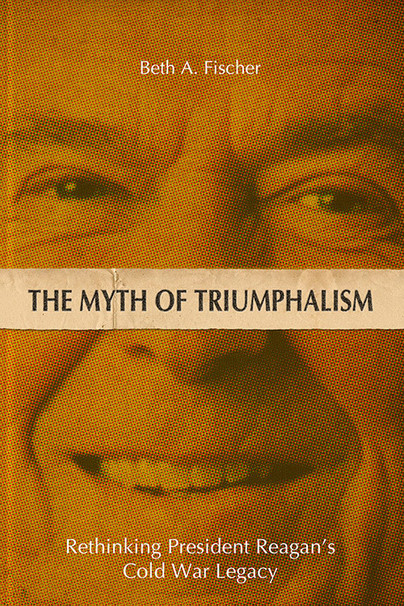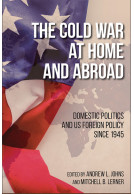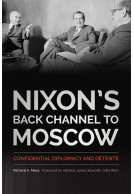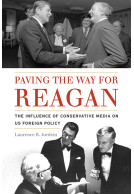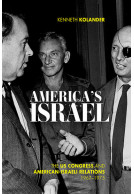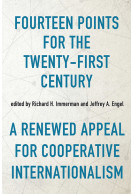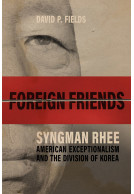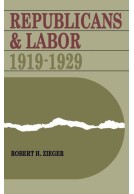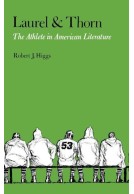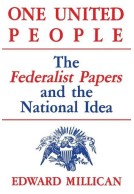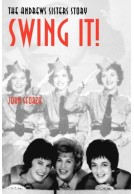Google Books previews are unavailable because you have chosen to turn off third party cookies for enhanced content. Visit our cookies page to review your cookie settings.
The Myth of Triumphalism (Hardback)
Rethinking President Reagan's Cold War Legacy
Imprint: University Press of Kentucky
Series: Studies in Conflict, Diplomacy, and Peace
Pages: 212
ISBN: 9780813178172
Published: 3rd December 2019
Script Academic & Professional
Series: Studies in Conflict, Diplomacy, and Peace
Pages: 212
ISBN: 9780813178172
Published: 3rd December 2019
Script Academic & Professional
This book will be reprinted and your order will be released in due course.
You'll be £32.00 closer to your next £10.00 credit when you purchase The Myth of Triumphalism. What's this?
+£4.99 UK Delivery or free UK delivery if order is over £40
(click here for international delivery rates)
Need a currency converter? Check XE.com for live rates
(click here for international delivery rates)
Need a currency converter? Check XE.com for live rates
Did President Reagan's hawkish policies destroy the Soviet Union and enable the United States to win the Cold War? Many Americans believe this to be the case. In this view -- known as "triumphalism" -- Reagan's denunciations of the "evil empire" and his military buildup compelled Moscow to admit defeat. The president's triumph demonstrates that America's leaders should stand strong and threaten adversaries into submission.
Drawing on both US and Soviet sources, this study demonstrates that triumphalism is a series of falsehoods about President Reagan's intentions, his policies, and the impact his administration had on the Soviet Union. In reality, the president's initially hardline posture undermined US interests and brought the superpowers to the brink of war. This work exposes Reagan's dedication to diplomacy and his unorthodox views about global security, which frequently brought him into conflict with his own advisers and allies. The president did not seek to destroy the USSR; rather, he sought to eliminate nuclear weapons.
This volume also explains why Moscow chose to abandon the arms race, adopt democratic reforms, and withdraw from its ill-fated war in Afghanistan. These initiatives were part of a reform movement that had been growing in the USSR for decades before Reagan entered office. The Kremlin did not acquiesce to American pressure; rather, Soviet reformers believed the arms race had been futile and sought to move beyond the Cold War. In fact, President Reagan's initially aggressive policies had made it more difficult for Moscow to pursue these revolutionary reforms. Ultimately President Reagan and General Secretary Gorbachev together were able to accomplish what no one at the time thought possible -- the peaceful conclusion of the Cold War. The president's opposition to nuclear weapons, his determined leadership, and his dedication to diplomacy are his most enduring legacies.
Other titles in the series...
Other titles in University Press of Kentucky...







